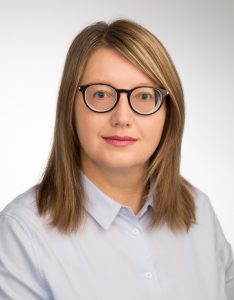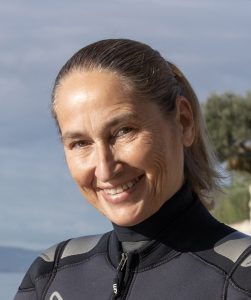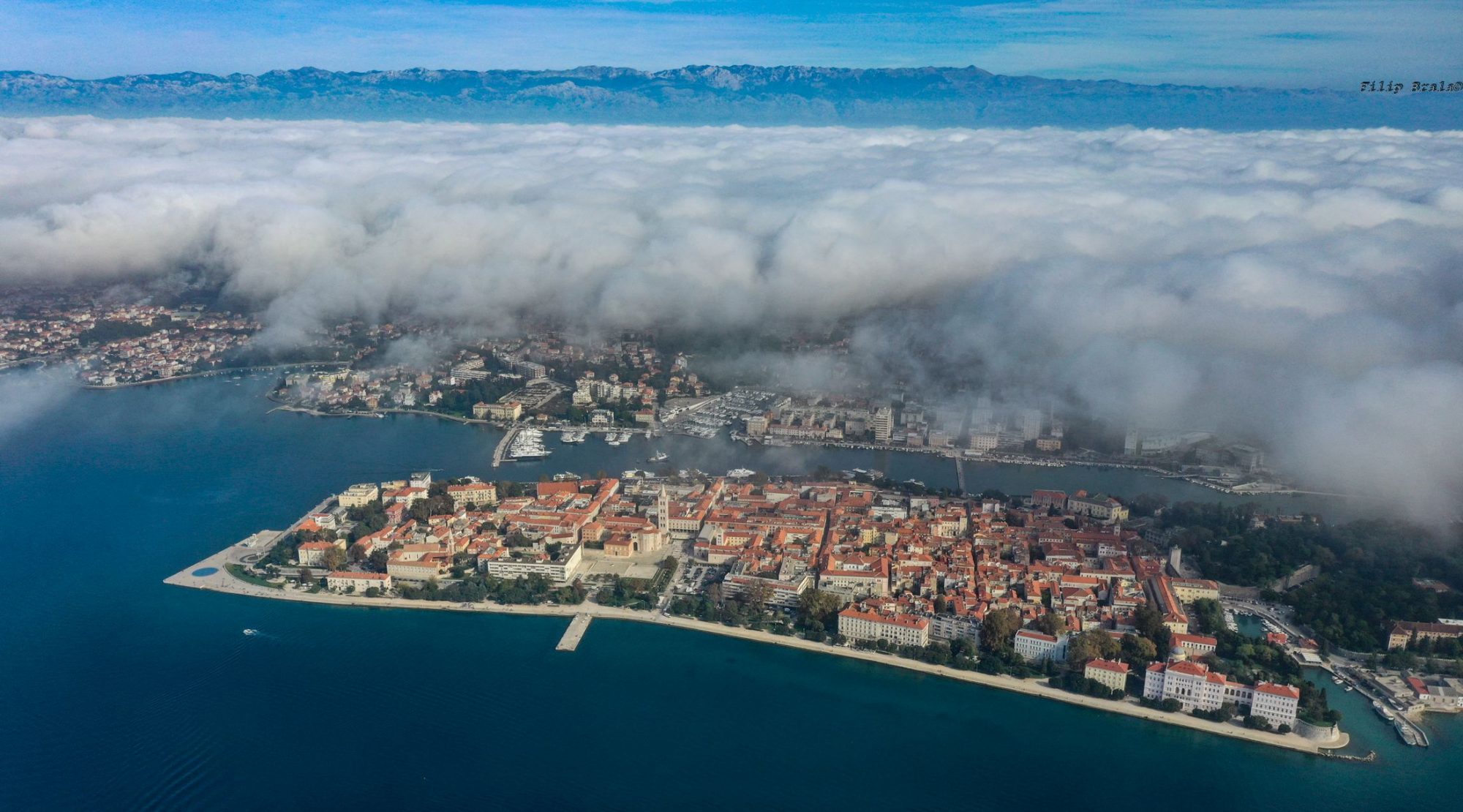 Dr. Olena Myronycheva
Dr. Olena Myronycheva
was born on June 7th, 1975. After completing her primary education, she pursued studies at the Melitopol Institute of Mechanisation of Agriculture (Ukraine), Faculty of Agricultural Mechanisation, graduating with a civil engineering degree in 1999 and a candidate of agricultural science (equivalent of PhD degree) in 2003. Since then, she worked at the Department of Agrotechnology as an Associate Professor until 2015. In 2015, she was awarded the Swedish Institute Visby Visiting Scholarship and came to Sweden, where she decided to do her second PhD degree in wood material science and engineering at the Division of Wood Science and Engineering, Department of Engineering and Mathematics of the Lulea University of Technology, Campus Skelleftea, Sweden. The topic of the PhD thesis was “Effectiveness and Evaluation of Wood Protection against Biological Deterioration Caused by Filamentous Fungi,” and the degree was awarded on December 17, 2021.
Her academic journey was marked by dedication and passion for researching fungal colonization, growth process evaluation, and the development of non-destructive assessment methods. Her research about the complexity of environmental degradation processes affecting bio-based material by microbial species of different taxonomic groups has contributed to many national and international projects. Notably, the project about the inventory (https://www.kmmd.se/projekt/stavspan-i-strangnas-och-vasteras-stift) and preservation (https://www.svenskakyrkan.se/filer/556588/KM2020_44_V%c3%a4ster%c3%a5s%20stift.pdf) of historical Swedish churches was supported by the Swedish National Heritage Board, and here, the influence of the microenvironment on the degree of contamination and decay on wooden shingles treated with different preservation techniques was discovered. The evaluation of the historical material with computer tomography and near-infrared spectroscopy allows the modeling of quality properties of the historical wood that might help to use the material in the conservation of the historical buildings made of bio-based material. Another aspect of the characterization of the indoor environment is that in Sweden, the historical churches are places of work and visit, and improper indoor air quality due to contamination by mould material can cause negative health effects.
In addition to academic interests, Dr. Olena Myronycheva is involved in industry-related projects via Wood Center North, a sawmill industrial cluster where methods and practices of bio-based material quality assessment found direct implementation in industrial quality control that are also supported by professional associations such as Swedish Wood and The Swedish Federation of Wood and Furniture Industry that are trade and employer organization for the entire wood processing industry. The multidisciplinary project of wood in the hospital environment was one of the implementations developed by Dr. Olena Myronycheva’s methods of the microbial contamination assessment that derived from historical environment investigation (https://www.youtube.com/watch?v=6XqulVdOooI).
Moreover, being originally from Ukraine, Dr. Olena Myronycheva got funding to support PhD students and young researchers in her home country, where implementing European education’s culture and standards helps develop international expertise for Ukrainian project participants.
Besides her academic and professional activities, Olena is involved in community service as a volunteer to help replaced by war people in their needs, which was recognized by Region Vasterbotten in 2023 as being admitted as an “Everyday Hero.”
 izv. prof. dr. sc. Irena Radić Rossi
izv. prof. dr. sc. Irena Radić Rossi
was born in Zagreb on October 7, 1964. After completing her high school education, in 1983 she enrolled in the Archaeology study programme at the Department of Archaeology of the Faculty of Humanities and Social Sciences of the University of Zagreb. She graduated in 1988, and was awarded the rector’s prize. In the same year she won the concourse for the permanent position of the underwater archaeologist-conservator in the Department of Archaeology of the Republic Institute for the Protection of Cultural Monuments in Zagreb.
In 1990, the Department became an integral part of the Ministry of Education and Culture of the Republic of Croatia; since 1994 it was in the State Administration for the Protection of Cultural and Natural Heritage; from 1997 it became an integral part of the Ministry of Culture of the Republic of Croatia, and in 2004 it was transferred to the Croatian Conservation Institute. During her work in the protection service, she was engaged in research, protection and preservation of archaeological sites in the Croatian undersea, which allowed her to gain extensive experience in the methodology of research on sites from all time periods, and in situ protection of the underwater finds.
In 2004, she obtained the title of the senior conservator, as the highest rank in the cultural heritage conservation service. In 2009, she moved to the University of Zadar, where she is currently employed as an associate professor at the Department of Archaeology. In 2011 she defended her doctoral thesis entitled Problematics of Sites from Prehistory and Classical Antiquity in the Croatian Undersee.
She is associated researcher of the Centre Camille Jullian (Aix-Marseille University, CNRS), adjunct professor at the Nautical Archaeology Program of the Texas A&M University, and affiliated scholar of the Institute of Nautical Archaeology. She teaches at Master of Global Maritime Archaeology at the University of Malta, and is member of the Section of Maritime Heritage of the Scientific council of seafaring of the Croatian Academy of Science and Arts.
She is also permanent member of the program committee of the international workshop Breaking the Surface, focused on the application of underwater robotics in underwater archaeology, marine biology and geology, oceanography and maritime security.
She directed a number of underwater surveys and rescue campaigns, and currently directs several systematic research projects. Her main research interests are focused on the research, protection and preservation of underwater cultural heritage, with a special accent on the technological development of shipbuilding and seafaring in the Adriatic through ages.
She participated to a number of international scientific projects. In 2015–2019 she directed the project AdriaS – Archaeology of Adriatic Shipbuilding and Seafaring (IP-2014-09-8211), and she currently directs the project NEREAS – Numerical Reconstruction in the Archaeology of Seafaring (IP-2020-02-3420), supported by the Croatian Science Foundation.
In 2023 she was awarded a prestigious award Golden Trident, by the International Academy of Underwater Sciences and Technologies, for dedicated work on research, protection and preservation of the archaeological heritage of the Adriatic Sea.
Bibliography: https://www.croris.hr/osobe/profil/25512
